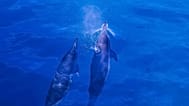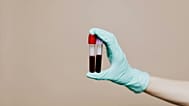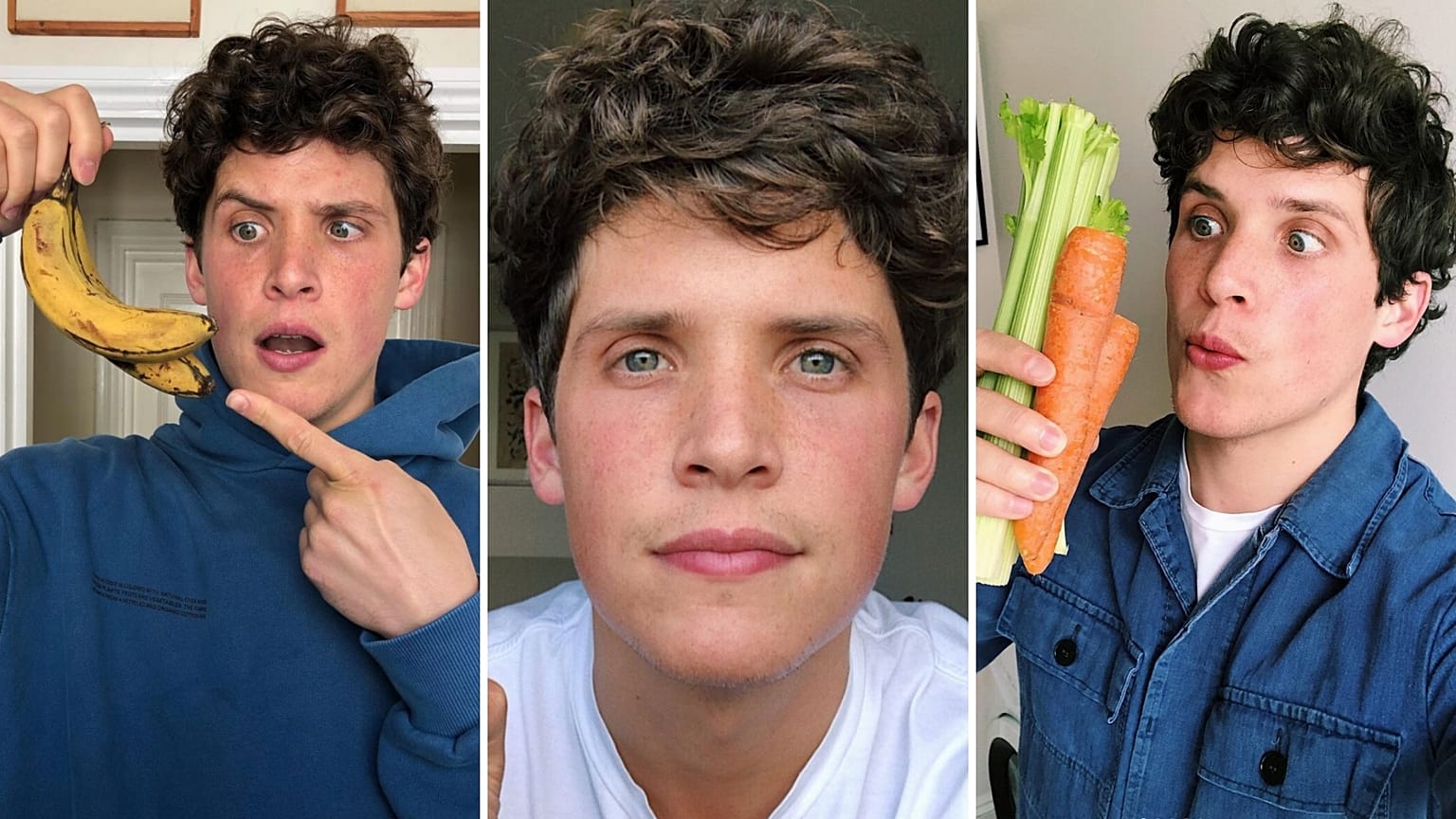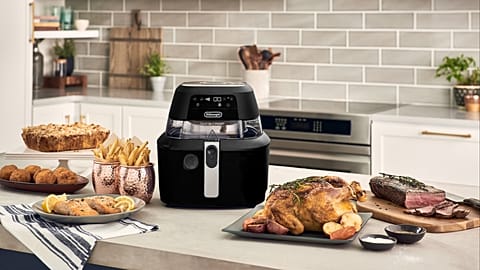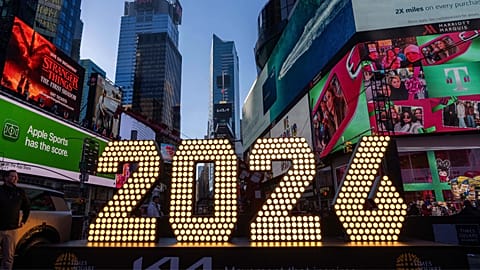From carrot top pesto to potato peel crisps, here are some tips for curbing your climate impact on Stop Food Waste Day.
With a devoted Instagram following of almost one million, a debut cookbook hailed ‘the most sustainable in the world’ and an irresistible smile, Max La Manna is making an impact as the poster boy of zero-waste cooking.
 ADVERTISEMENT
ADVERTISEMENT
 ADVERTISEMENT
ADVERTISEMENT
“I was more or less born in a kitchen,” he tells me, from his mother-in-law’s house in Gloucestershire. “My dad bought his first two restaurants just two weeks after I was born. I grew up on home-cooked meals, we rarely ever went out to eat. That’s a privilege in itself, I consider myself lucky.”
“So you watched your parents cook from a very young age, is that where you get your love of food from?”, I ask.
“Yeah, we had a small garden where we grew vegetables and herbs. I always loved anything that allowed me to put my hands in the mixing bowl.
“Actually, my surname means ‘the great hands’. So I find that really interesting, this is what I’m meant to be doing. I’m meant to be using my hands to cook and put food together.”
Using his hands led Max to the restaurant industry, where he did just about every job you can think of. His first job was at a pizza place, making fresh dough every day. From his hometown of Connecticut, Max then moved to New York where he managed restaurants, played host and even washed dishes, while acting and modelling on the side.
“I think if I had to run a restaurant today, I could,” he says proudly.
A change of scene inspired a change of approach
It wasn’t until he moved to Australia, in his twenties, that Max started to notice how disconnected he felt from nature. “I was in this beautiful place, and yet there was trash everywhere - I would come across plastic bottles while swimming in the sea.”
“It got me thinking back to the kitchen, which is what I know, and the waste we create there. I thought, what's happening to the food I’m wasting, where is it going - how can I shop more resourcefully? I just went down this rabbit hole thinking about how everything is produced.”
Over the next few years, Max’s passion for saving food grew and grew. He began making videos for YouTube before joining Instagram, where he showed people how to cook using “the whole ingredient”.
From turning carrot tops into pesto, to making a cake using leftover chickpea water, there’s nothing he hasn’t tried - and it’s all plant based, as the name of his book would suggest: 'More plants, less waste'.
“We live in a linear economy where something is created, we use it and then we dispose of it. It shouldn’t be like that,” he explains. “20 million slices of bread are wasted in the UK every day. Instead, we should be freezing them to make croutons, or breadcrumbs, or bread pudding.”
Then there are potatoes, which are being wasted in their droves according to Max. The main problem is uniformity. People peel their potatoes because they want them all to look the same.
“Some potatoes will have bumps and bruises and discolourations, but we all have bumps and bruises and discolouration. We’re all unique and different, so why are we peeling that skin to look the same?”
In true form, he suggests baking those potato skins, seasoning them - “and then you have chips!”
What you eat can save the planet
But it’s not just saving food for the sake of it - Max is acutely aware of the role our eating habits play in the climate crisis.
“Food waste, around the world globally, causes six times more emissions than air and ground transportation, that’s according to a report by Waste and Resources Action Programme,” he tells me.
Those are some scary statistics. So if it’s all about food, doesn’t that mean living sustainably in other ways is ultimately pointless?
“Look I’m an optimist,” he laughs. “But at the end of the day, you can stop flying, you can stop driving, you can ride a bike - that’s all great, those are great steps to reducing your waste. But food, if you have the privilege to have it three times a day, you have to know what’s on your plate and you have to know where it’s coming from.”
He’s right. In the EU, around 88 million tonnes of food waste are generated annually, with associated costs estimated at €143 billion, according to the European Commission. Wasting food is not only an ethical and economic issue, it depletes the environment of its limited natural resources.
What comes next is a metaphor I’ve never heard before, which Max says he heard a scientist say once, and it’s shaped his view of climate change ever since.
“If you place a frog in a pot of boiling water - the frog will jump right out. Right? But if you place that frog in room temperature water and increase the heat slowly, slowly, little by little, that frog will die in the water.”
What’s happening is exactly that, our planet is heating up, he explains. While it’s easy to feel overwhelmed by it all, Max tries to rise above it because that’s the only way we’re going to move forward. By breathing new life into food scraps and leftovers, he’s doing more than his fair share for planet earth.
He leaves me with what he says is something we must all remember, when we sit down to eat each day. A simple, but powerful sentence that has stayed with me ever since, and will no doubt stay with you too.
“Climate change is on your plate.”

